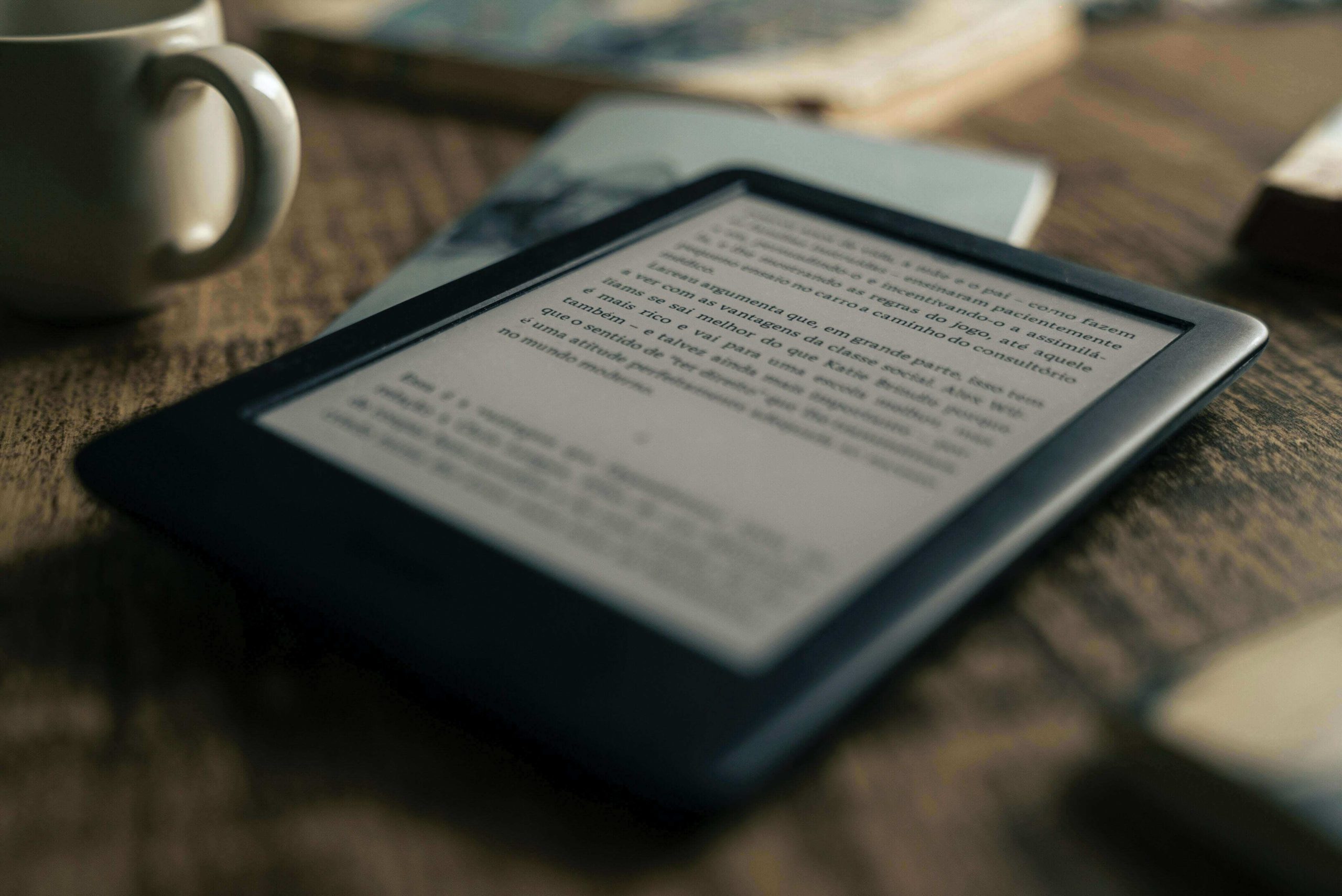
You know what I like about reading the Kindle version of books? They tell you how long it should take you to read. Now based on whose reading pace, I’m not really sure. Is there a way to track words read per minute like there is for typing?
But, I digress. Power of Habit says it takes about 5 and a half hours to read. If you travel often, this is really somewhere in the range of 2-4 flights depending on where you’re going. I like being able to break things down that way – into tangible bites that I can visualize.
Maybe that’s why I liked this book – because it does the same. Want to change your habits? Start in small bites. Want to change someone else’s habits? Small bites.
A couple of years ago, Michael McCrary recommended I read this book around the same time I was coaching his daughter’s U-6 soccer team. It was partly a teaching tool for developing some new habits at work, and partly a teaching tool on how to get ten 5-year-old girls to pay attention to the soccer ball at the same time.
One of the fun lessons was that if you tell a 5-year-old that she has to do a thing, she’s going to sit down on the grass and play with the daisies. (Correct. I do not yet have children.) But, if you let her choose whether she wants to play forward or defense, she’s more likely to take an active role with the authority gained by her choice.
What’s even more fun, is that if my boss tells me I have to do a thing, I’m more interested in the daisies, too…
My favorite concept in the book is the thought that our habits provide us with subtle “neurochemical prizes” in response to an emotional trigger. Long, tiring day (emotional trigger) -> glass of wine (habit) = neurochemical prize (yeah, that’s what I’m talkin’ about).
Part of the reason it’s so hard to make certain changes, is that we don’t want to lose the neurochemical prize associated with the existing habit. Another reason, is that it can take an enormous amount of willpower to make a new change stick. So focus on small bites, owning the choice to make a change, and who says a little self-bribery with other neurochemical prizes is a bad thing?
The last concept I’ll bring up is his challenge to our own free will. Habits drive about 40% of our daily activity, and the media, the advertisers, your mom, and your boss all know this. Have you ever thought about how radio DJs turn us on to new songs by sandwiching them between two already popular (neurochemical-prize inducing) songs? Perk your ears up for what came before and what comes after a new tune next time you have the chance. Eventually, we associate the same positive feeling with the new song until it becomes a top hit, too.
There’s a lot more where this comes from, and if you happen to have a New Year’s Resolution to read more, might I suggest you start with this one. If you don’t like it, don’t blame me…this could be my habit talking.
